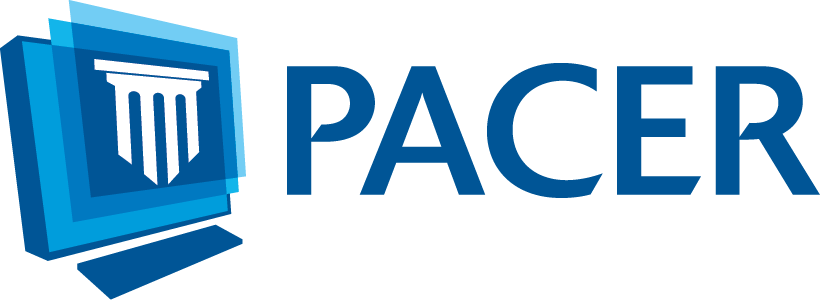Bill to Make PACER Free to be Debated in House Judiciary Tomorrow

Just weeks after Fix the Court spearheaded a letter urging the cosponsors of this session’s “free PACER” bills to advocate for committee markup, House Judiciary will do just that tomorrow at 10 a.m.
The bill that will be debated is the Open Courts Act (H.R. 8235), introduced today by Reps. Hank Johnson (D) and Doug Collins (R), both of Georgia. Like the Electronic Court Records Reform Acts in the House (H.R. 1164) and Senate (S. 2064) and the PACER section in the 21st Century Courts Act (H.R. 6017), OCA would make online access to federal court records free to the public and improve the functionality, searchability and accessibility of the whole system.
“Democrats and Republicans alike hate PACER, so it’s fitting that the best chance we’ve had this century to fix this boondoggle – the Open Courts Act – comes as a bipartisan effort,” FTC’s Gabe Roth said. “The third branch has been profiting off researchers, media and nonprofits via its ridiculous and outdated paywall for too long. That’s why Fix the Court urges the Judiciary Committee to vote this bill out of committee tomorrow and for House leadership to move it to the floor soon after.”
One of the main free-PACER sticking points over the years has been how to pay for a system that ensures access to court records is free and remains free. OCA answers that question in several ways.
It’s important to recall that the judiciary’s electronic public access program, EPA, comprises two parts: the case management and electronic case filing system, CM/ECF, and the public access to electronic court records portal, PACER. Users pay $0.10 per page in the PACER portal to access files that live in CM/ECF.
First, OCA gives the courts two to three years to modernize EPA; it must be able to spit out documents that are accessible and machine-readable, no matter which browser you’re using, and the whole system must be searchable. Through that process, per-page fees would continue, with “power users” – defined as institutional users that pay more than $25,000 in annual PACER fees – potentially paying more into the modernization effort.
After that, all user fees would go away. But, in order to maintain the updated CM/ECF system, the courts could impose marginal fees on parties or increase filing fees, subject to certain restrictions and guidelines, such as the nature and the complexity of the action.
Now that CM/ECF is resolved, the next question is who pays to support free access to the documents that live there. OCA answers by having PACER’s no. 1 user, the Department of Justice, continue paying annually into EPA its 2018 PACER fee, which we believe to be about $4 million.
If, for whatever reason, it costs more than $4 million to post and access static documents on the Internet – one estimate puts that cost at less than $250,000 (p. 8) – then the courts may again impose marginal filing fee increases to parties in federal court, commensurate with the nature of the action and its complexity, as above for CM/ECF maintenance.
The importance of the effort in Congress has increased in the last month: though the Federal Circuit held that the judiciary is overcharging the public to access court records, its opinion stated that due to the 2002 E-Government Act, the judiciary may continue imposing fees to maintain an online document retrieval system.
In other words, the three-judge panel said, it’s up to Congress to make accessing public documents less cost-prohibitive for the public.